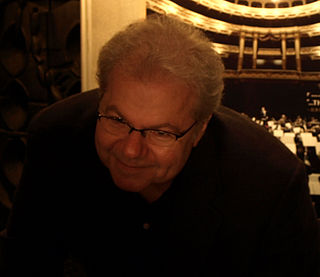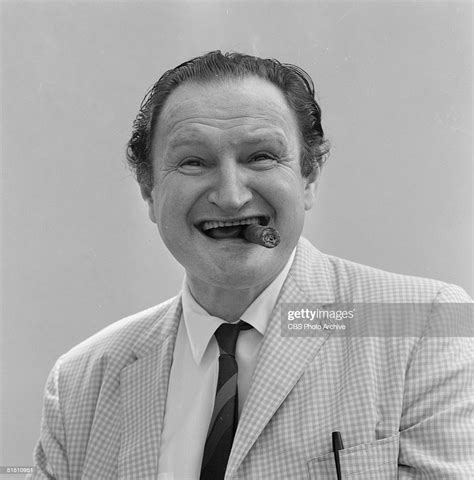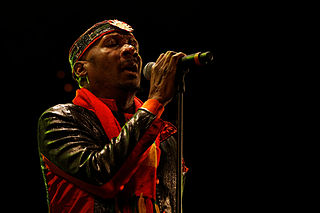A Quote by Emanuel Ax
If there were no rules about when to applaud, we in the audience would have the right response almost always.
Related Quotes
I always say that you could publish trading rules in the newspaper and no one would follow them. The key is consistency and discipline. Almost anybody can make up a list of rules that are 80 percent as good as what we taught people. What they couldn’t do is give them the confidence to stick to those rules even when things are going bad.
Sometimes you walk into things, that, if you were paying attention, vibrationally, you would know right from the beginning that it wasn't what you are wanting. In most cases, your initial knee-jerk response was a pretty good indicator of how it was going to turn out later. The things that give most of you the most grief are those things that initially you had a feeling response about, but then you talked yourself out of it for one reason or another.




































